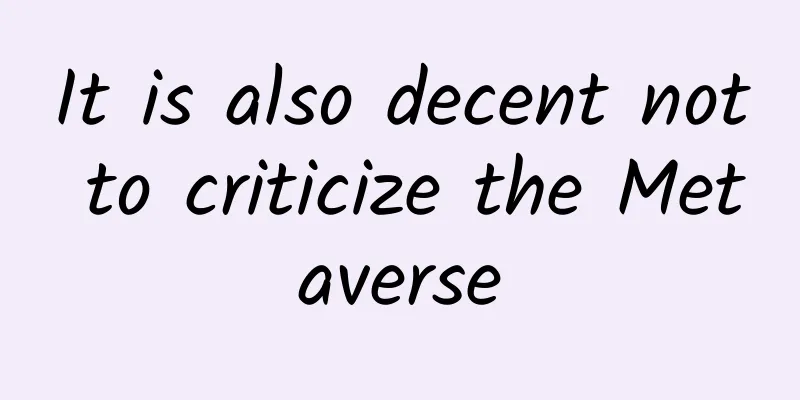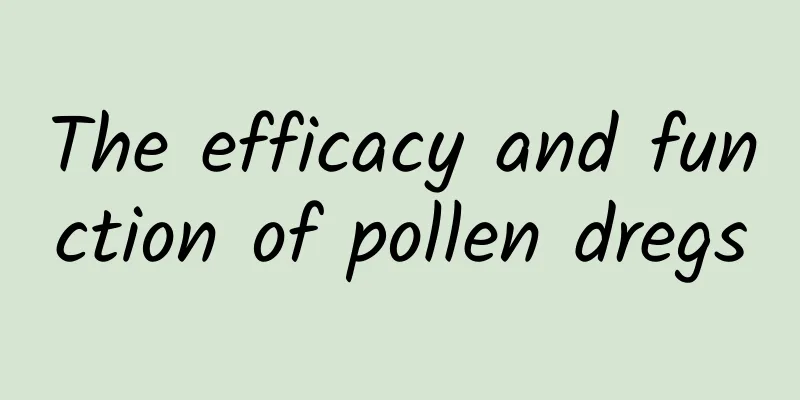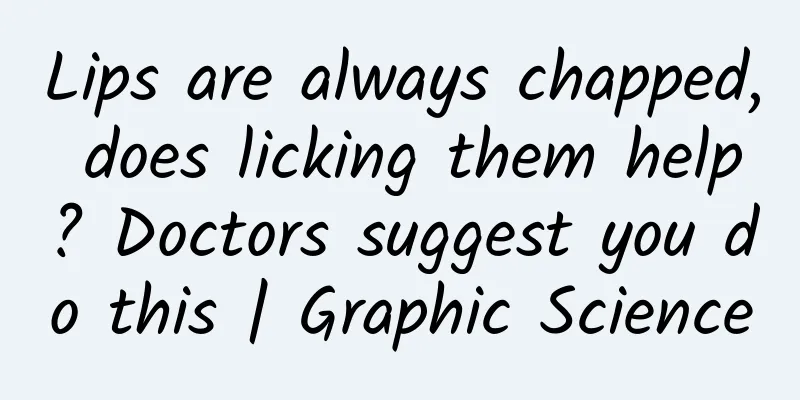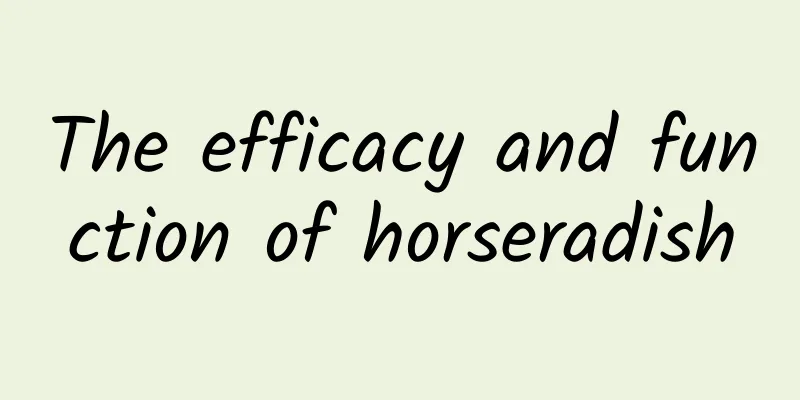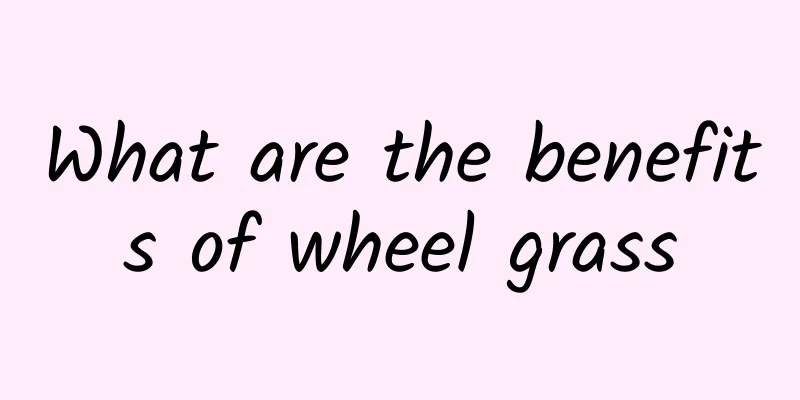Ephedrine Diphenhydramine Tablets
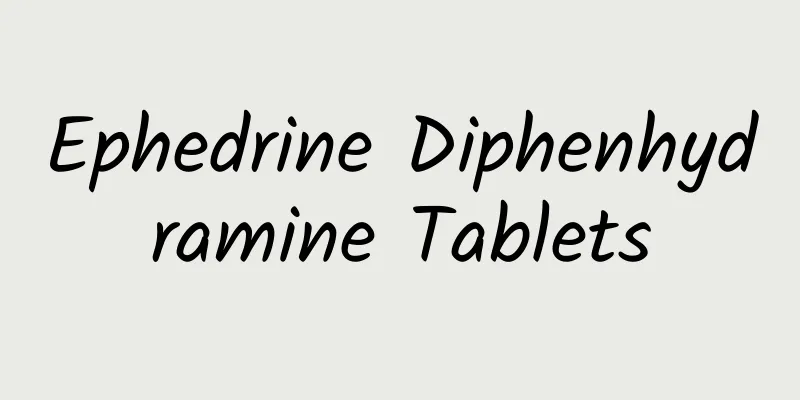
|
Ephedrine and diphenhydramine tablets are an over-the-counter drug frequently used in clinical practice. Its main ingredients are ephedrine and diphenhydramine. In clinical practice, they are mainly used to treat respiratory diseases such as asthma, urticaria and allergic rhinitis. The recommended dosage is 1-2 tablets three to four times a day, taken after meals or at the onset of an illness. 1. Not all patients are suitable for taking Ephedrine Diphenhydramine Tablets. If the above patients also suffer from glaucoma, duodenal obstruction, prostatic hypertrophy, etc., they must not take Ephedrine Diphenhydramine Tablets to avoid causing serious side effects. 2. Avoid driving or operating machinery during the use of this product and within 1 to 2 days thereafter (if the dizziness and drowsiness symptoms have not disappeared). 3. Do not chew the tablets when taking them to avoid irritating the gastrointestinal tract. Drug interactions 1. This product may temporarily affect the absorption of barbiturates and sodium sulfacetate. 2. When used together with sodium para-aminosalicylate, it can reduce the latter's blood concentration. 3. When used in combination with adrenal cortical hormones, the metabolic clearance rate of the latter can be increased, and the dosage of corticosteroids must be adjusted. 4. Urinary alkalinizing agents, such as antacids, carbonates of calcium or magnesium, citrates, sodium bicarbonate, etc., affect the excretion of this product in urine, increase the half-life of this product, and prolong the duration of action. In particular, if the urine remains alkaline for several days or longer, most patients will suffer from ephedrine poisoning, and the dosage of this product should be adjusted. 5. When used in combination with digitalis glycosides, it may cause arrhythmia. 6. When used together with ergonovine, ergotamine or oxytocin, it may aggravate vasoconstriction, leading to severe hypertension or peripheral tissue ischemia. Pharmacological action: This product is a compound preparation of ephedrine hydrochloride and diphenhydramine hydrochloride, in which ephedrine hydrochloride can directly stimulate adrenaline receptors, and can also indirectly stimulate adrenaline receptors by prompting adrenergic nerve endings to release norepinephrine, and has a stimulating effect on both receptors and adrenaline receptors. It can dilate bronchi and constrict local blood vessels, and its action lasts longer; it strengthens myocardial contractility, increases cardiac output, and ensures sufficient venous return to the heart; it has a stronger central nervous system stimulating effect than adrenaline. Diphenhydramine hydrochloride has ① antihistamine effect, which can compete with histamine released from tissues for H1 receptors on effector cells, thereby stopping allergic reactions; ② at the same time, it inhibits central nervous system activity and causes sedative and hypnotic effects; ③ it enhances the effect of antitussive drugs. Ephedrine and diphenhydramine tablets have strong anti-allergic effects, and can improve the symptoms of rhinitis and bronchial asthma, and have a good therapeutic effect on the above-mentioned diseases. However, taking ephedrine diphenhydramine tablets may cause mild dizziness, drowsiness, etc., so if you are engaged in occupations such as drivers, it is best not to take ephedrine diphenhydramine tablets. |
<<: Effects of Polygonatum odoratum
Recommend
The efficacy and function of horse heart
Diseases require improvement through medicine. Di...
How do fireflies glow? Are they charged in advance?
Produced by: Science Popularization China Author:...
Installing cameras at home? Not recommended
Recently, the topic #Police recommend not to inst...
The efficacy and function of chicken kidney ginseng
As a traditional Chinese medicine, chicken kidney...
Real men don't wear sunscreen? The skin peeling off from the sun makes you tear it up
Image source: Weibo screenshot gossip Recently, t...
How to preserve Cordyceps sinensis
Cordyceps sinensis is generally used as a good to...
It turns out that humans are not the only ones who quarantine! Let’s see how animals do it
Wash hands frequently, wear masks, avoid crowds.....
How to take Cynomorium songaricum for best effect
I believe many people don’t know the medicinal va...
Why doesn't the green radish at home bloom? Are all the roses on Valentine's Day roses? Let's learn about flowers together~
Is the "Tianshan Snow Lotus" a lotus? A...
Where do the rocks in the universe come from? Are most planets made of rocks? Here's the truth
This article is based on answering a question fro...
These automatic dolls can play music and talk, are they the predecessors of artificial intelligence?
Leviathan Press: The word automaton in English me...
The efficacy and function of traditional Chinese medicine Chuanduan
Chuanduan is a relatively common Chinese medicina...
The efficacy and function of pigweed
The name "Cleaver" does not sound like ...
The efficacy and function of blackbird
Blackbird is a medicinal material. If we have som...
The efficacy and function of sumac bark
Lacquer tree bark is a very common Chinese medici...
